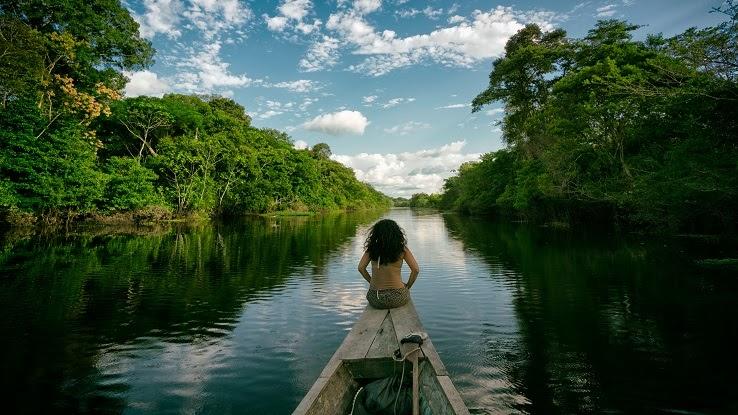
Rainforests are some of the most ecologically diverse areas on the planet. They’re beautiful natural wonders where we can encounter species of plants and animals we won’t see anywhere else in the world, but they also play a vital role in health — both human health and the health of Earth as a whole.
But we also now play a vital role in rainforests’ health, too, and this World Rainforest Day is the perfect time to learn about how you can help preserve these important environments. Rainforest ecosystems are under frequent attack from illegal deforestation, the effects of climate change and other human actions that have resulted in the extinction and near-extinction of many species that call rainforests home. These issues are growing so severe and their impacts are becoming so damaging that scientists believe rainforests will vanish completely from the planet in 100 years if we don’t start taking remedial action very soon. It’s crucial for us to preserve what remains. Here’s how you can get involved to protect what’s left of our rainforests.
Why You Should Care About Rainforest Preservation
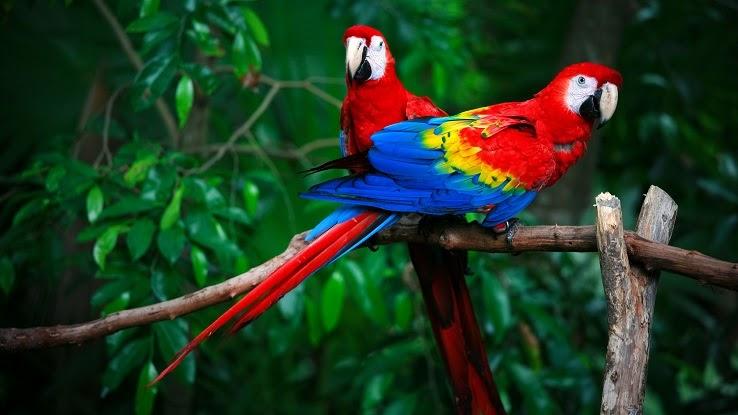
Rainforests are the most diverse and vivid natural environments on the globe. Nearly 50% of all plants and animals on Earth live in rainforests, including thousands of species of big cats, lizards, birds, monkeys, snakes, insects and other important creatures. In the Amazon rainforest alone, there are nearly 3 million animal species and more than 2,500 tree species. However, in rainforests around the world, due to modes of deforestation approximately 137 rainforest species are killed off daily. And that’s not to mention the different populations of people who regularly become displaced as the rainforest land they call home is razed. The destruction of rainforests is directly linked to decreased environmental diversity.
Although many of us don’t live in rainforests, we rely on them for a variety of our daily needs. The rainforest is responsible for producing a large variety of the fruits and nuts people consume. Different plants in the rainforest are used to produce medications and vaccines that millions of people have come to rely on. Additionally, the rainforest plays a large role in the regulation of the water cycle that provides surrounding communities with drinking water and healthy air.
Due to deforestation caused by industrial production, over half of the planet’s rainforests are now gone. It’s a striking statistic to be sure, but we’re not powerless when we work together to change things. There’s a variety of ways we can all help in the fight to save the rainforests for generations to come.
Hands-On Involvement: Volunteer, Donate and Advocate
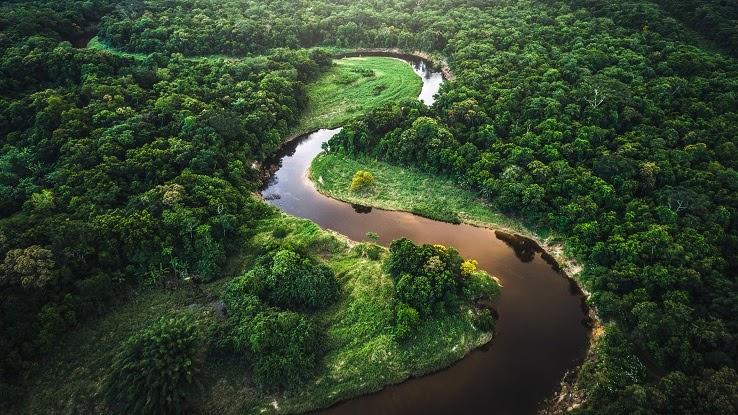
While it can feel daunting to take on the issue of rainforest preservation, you won’t be working alone. Conservation organizations have been striving for years to prevent further deforestation and protect these natural ecosystems and their Indigenous populations. If you’re looking to get hands-on with your involvement in the fight against deforestation, donating your time or money towards these groups can help you put your energy where it matters.
The Rainforest Action Network (RAN) prioritizes forest preservation, human rights protections and climate issues. It accepts donations and offers online webinars to empower people with the tools to effect change in their own networks and communities. The Rainforest Foundation US takes volunteers (and interns) to aid in the organization’s mission to protect rainforests and their inhabitants while working directly with Indigenous populations across South America. Amazon Watch, which focuses on supporting the rainforests and people native to the Amazon Basin, offers multiple ways to take action, including campaigning and donating.
These are only a handful of groups you can get involved with, donate to or support. Other groups that take donations of money and/or labor towards similar missions include International Union for the Conservation of Nature (IUCN), World Rainforest Fund (WRF), Rainforest Alliance, Conservation International (CI) and the World Wildlife Fund (WWF).
Better Buying: Forest-Friendly Shopping
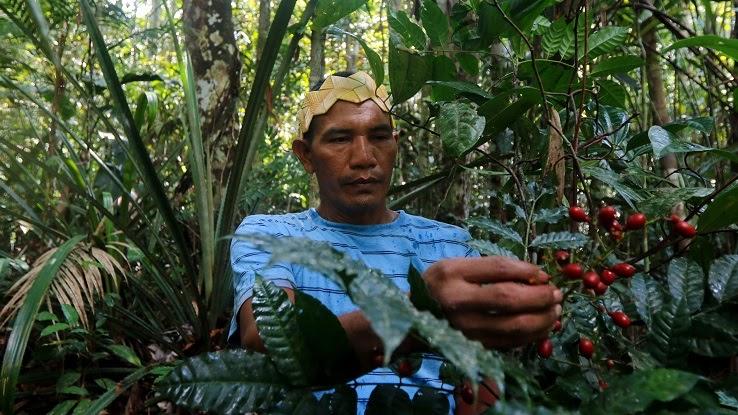
Our buying habits have a bigger impact on the environment than many of us realize. Deforestation largely results from activities related to the food industry. The harvesting of products like soybeans, coffee, cocoa and palm oil is a major source of deforestation. What does this mean for your shopping and dietary habits?
Fighting deforestation can start at the grocery store. Purchasing fewer imported coffee and cocoa products and fewer foods with palm or soybean oil in them can all contribute to a more sustainable planet. What should you purchase instead? For starters, shop locally. Purchase meat from local meat markets and coffee from local growers when possible. This may feel like a small step, but when companies utilize unsustainable practices, a decrease in consumers (and, thus, revenue) will force them to shift their modes of production to something more sustainable.
You can also shop responsibly by purchasing products that don’t utilize materials obtained from the rainforest that are contributing to deforestation, such as precious metal jewelry or tropical wood items. Products and companies that utilize recycled materials are great alternatives. On the flip side, shopping with companies that fight against deforestation can help you directly support rainforest preservation. Rainforest Foods Company, Newman’s Own, Artisana and Endangered Species Chocolate all contribute portions of their profits to conserving the rainforest and supporting Indigenous communities.
Another way that you can intervene by modifying your buying habits is by directly supporting Indigenous people and refusing to purchase products that have been appropriated from them. Groups native to the Amazon Basin are under deep and direct threat as a result of deforestation, which endangers their living environments, crashes their local economies and makes them susceptible to labor abuses from colonizing industries. Supporting foundations that are directly focused on the health, safety and human rights of these Indigenous groups, such as Amazon Watch, Pachamama Alliance and Project Amazon, is a way to help fight deforestation from your own home.
Spread the Word: Bringing Conservation to Your Community
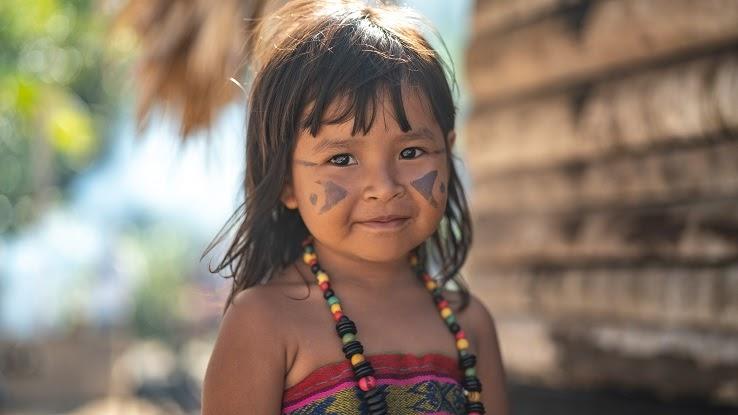
Throughout the years, public figures with significant platforms have worked to bring attention to rainforest conservation. Sting (of The Police) started the Rainforest Foundation Fund to support Amazonian people during processes of reforestation and protection. The Leonardo DiCaprio Foundation also works to protect Amazonian lands and Indigenous groups. Cate Blanchett, Richard Branson and other celebrities have also donated immense time, energy and funding to organizations working to save the rainforests.
While your platform may be on the smaller side, you can have an equally empowering role in your community. Many organizations concerned with rainforest preservation regularly publish news articles and studies that demonstrate the impacts of deforestation, which you can share with friends, family, coworkers and neighbors and on your social media accounts. Encourage those close to you to utilize better buying habits and find new ways to lower their carbon footprints. You can also work on your own fundraising missions for conservation organizations within your neighborhood, your circles of friends and family, or your workplace.
Lastly, reach out to the politicians who represent your interests. Through the assistance of conservation groups and policies implemented by the UN, governments in countries like Bolivia and France have found ways to prioritize nature preservation in their economic and political decision-making. Call and write emails to the federal officials who represent the interests of your community and state, and encourage them to prioritize rainforest conservation, from supporting sustainable businesses to implementing business practices that are anti-deforestation and pro climate protection.






